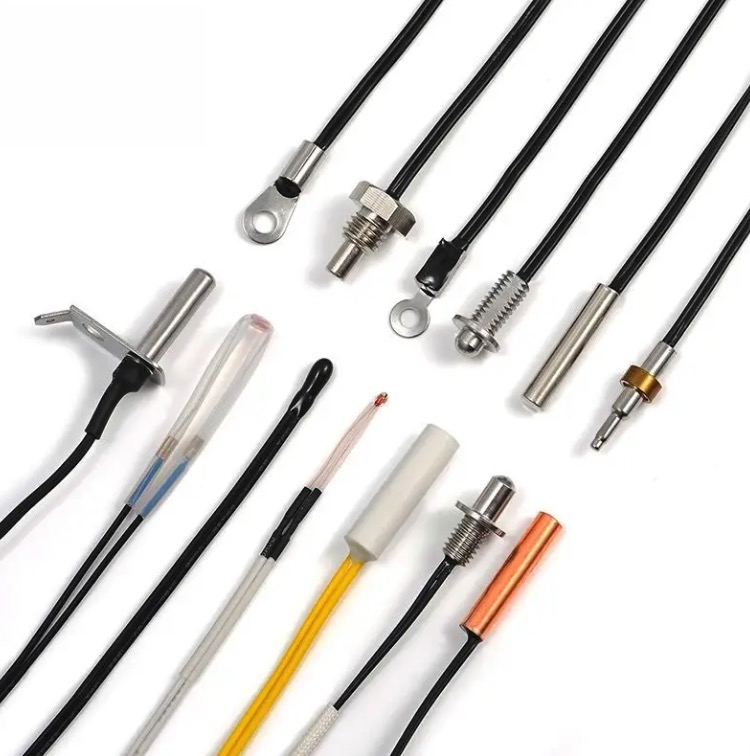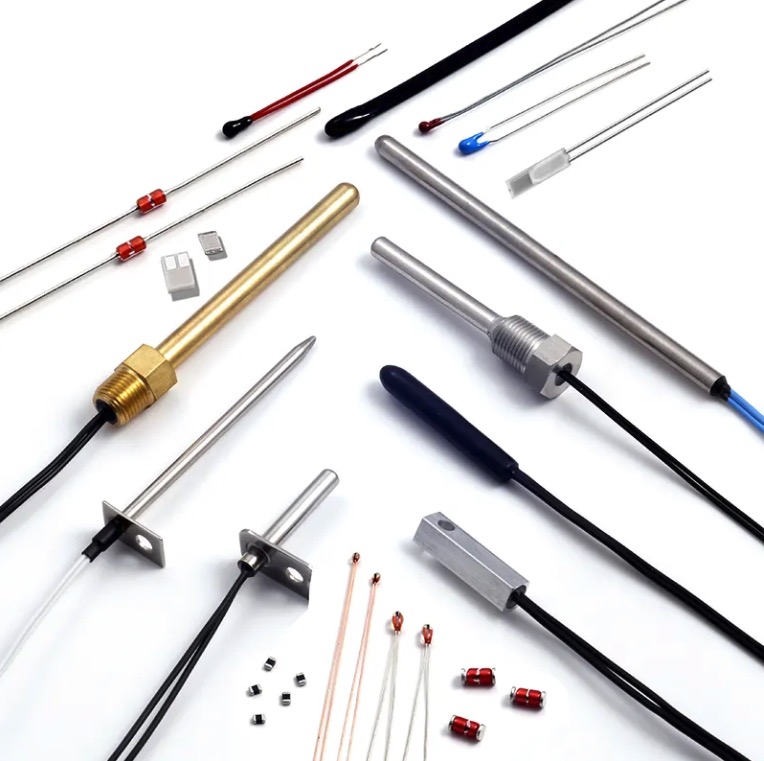Cylinder Temperature Sensor: An Essential Component for Engine Performance
Abstract:
In the world of engines, temperature plays a crucial role in determining performance and efficiency. One of the most important components for measuring engine temperature is the cylinder temperature sensor. In this article, we will explore the importance of the cylinder temperature sensor in engine performance and how it can help improve fuel efficiency, prevent damage to the engine, and extend your engine’s lifespan.
Introduction:
As an engine enthusiast, you know that proper temperature control is essential for optimal engine performance. The cylinder temperature sensor is one of the main components responsible for maintaining the right temperature levels in the engine. It measures the temperature of individual cylinders and sends the data to the engine control unit, which then adjusts the air/fuel mixture and ignition timing to ensure the engine runs at its peak performance.
The Importance of Cylinder Temperature Sensor:
The cylinder temperature sensor is a crucial component in engine temperature regulation. Without it, the engine cannot perform at its best. Here are some of the benefits of having a properly functioning cylinder temperature sensor:
1. Fuel Efficiency: A cylinder temperature sensor ensures that the engine runs at the right temperature, which allows for maximum fuel efficiency. Running too hot or too cold can cause the engine to burn more fuel than necessary.
2. Engine Protection: Overheating or excessive cooling could lead to damage to the engine components such as the cylinder walls, valves, and pistons. By providing the engine control unit with accurate temperature data, the cylinder temperature sensor helps prevent engine damage.
3. Longevity: A properly functioning cylinder temperature sensor can help extend the lifespan of your engine by preventing damage caused by incorrect temperature regulation. By running at the correct temperature, your engine will be less likely to suffer from wear and tear, allowing you to enjoy your vehicle’s performance for longer.
How Does a Cylinder Temperature Sensor Work?
The cylinder temperature sensor consists of a small thermistor probe located on the engine’s cylinder head. The thermistor measures the temperature of the cylinder and sends a signal to the engine control unit. The engine control unit takes the data and adjusts the engine’s air/fuel mixture and ignition timing to ensure optimal performance.
Tips for Maintaining Your Cylinder Temperature Sensor:
To ensure that your cylinder temperature sensor performs correctly, you need to take proper care of it. Here are some tips to keep in mind:
1. Regular Inspection: Inspect the sensor for damage or wear and tear regularly. Replace any damaged sensors promptly.
2. Cleaning: Clean the sensor regularly to prevent debris build-up. A dirty sensor can hinder its performance.
3. Proper Installation: Ensure that the sensor is correctly installed, tight, and secure.
Conclusion:
The cylinder temperature sensor is a crucial component for maintaining your engine’s temperature and ensuring optimal performance. By providing accurate temperature data to the engine control unit, the sensor helps improve fuel efficiency, prevent damage, and extend your engine’s lifespan. Remember to take proper care of your cylinder temperature sensor, and you will enjoy optimal engine performance for years to come.
Reference:
1. “Understanding Engine Sensors” by Thomas P. Olczyk
Understanding NTC Temperature Sensor Craftsmanship and Reliability in Air Conditioning Systems
In modern HVAC systems, temperature sensors play a critical role in ensuring energy efficiency, performance stability, and user comfort. Among them, NTC (Negative Temperature Coefficient) thermistors are the most widely




